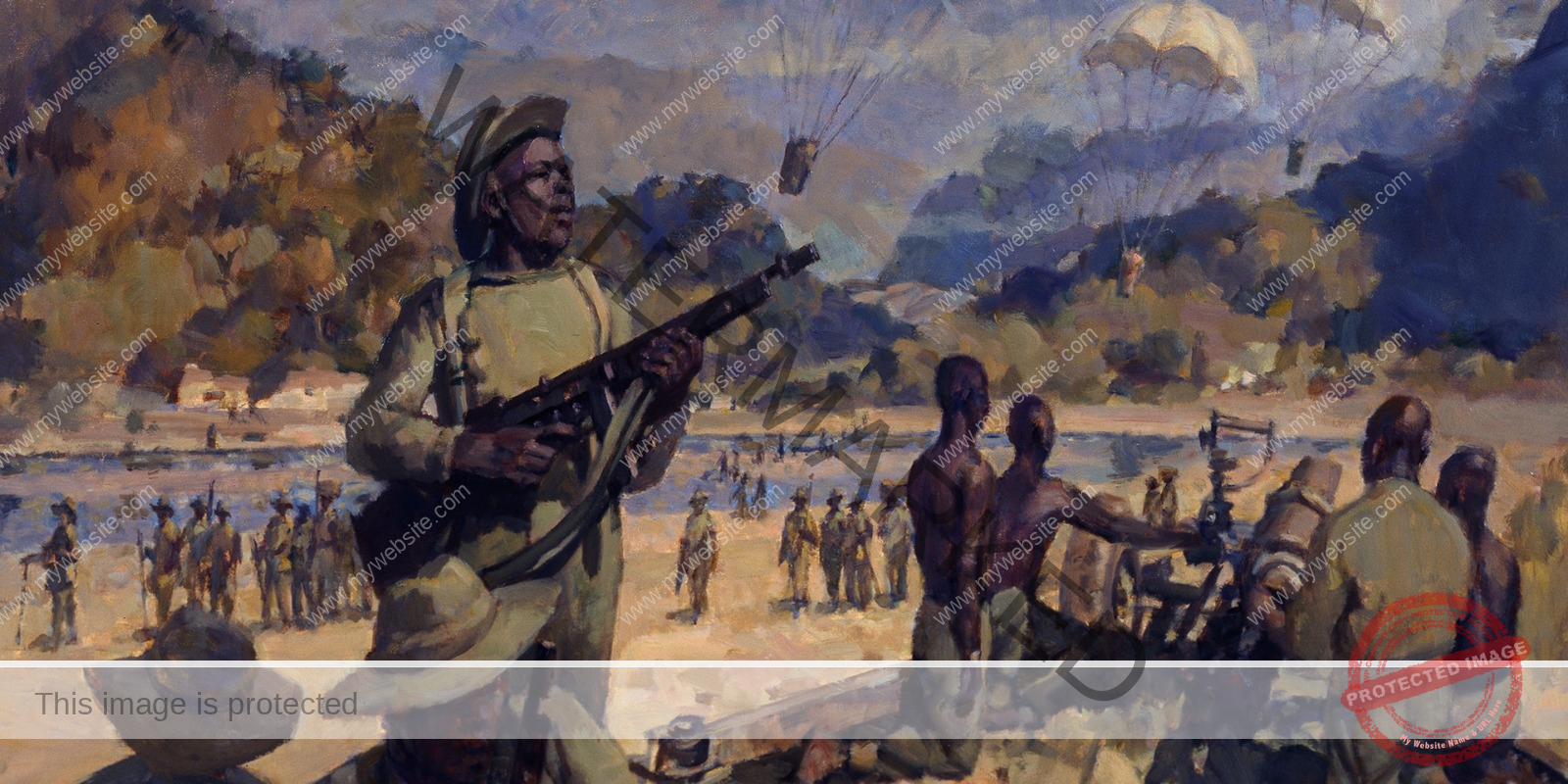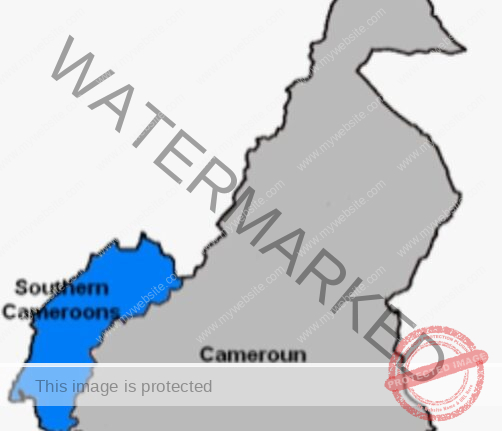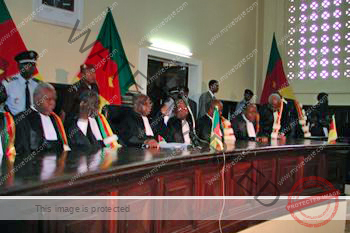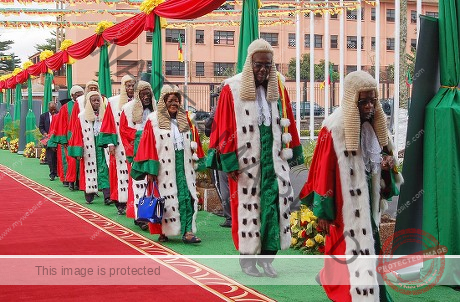Colonial Archives: Artist Impression of West African Regiment in WWII
Mr. SuhNibah Simon writes.
Letter to the Editor
Re: “The Forgotten Spitfire: A Gift from Southern Cameroons, a Debt Unacknowledged”
“Good write-up, but it forgot to mention the participation of Southern Cameroonians under the Union Jack during the Second World War. Our night watch in Sacred Heart used to tell us how they fought in Burma and India, and my wife’s grandfather—who lost an eye in Egypt—came home to die poor, with no pension. These are debts still awaiting reparations.”
— Mr SuhNiba Simon, Facebook comment, 8 July 2025.

Sir,
Mr SuhNiba Simon is entirely correct: any account of the Southern Cameroons “Presentation Spitfire” of 1941 is incomplete unless it also honours the men who served beneath the same flag that aircraft bore.
Thousands of volunteers from the British Southern Cameroons were drafted into the Nigeria Regiment of the Royal West African Frontier Force. They formed part of the 81st and 82nd West African Divisions and fought with distinction in the Arakan and Kaladan campaigns of Burma, trekking through monsoon jungles for a cause far removed from their homes. Others served in North Africa and the Middle East, where West African battalions were attached to Commonwealth formations in Egypt and Palestine.
Yet, unlike the aircraft their communities paid for, these soldiers received no public commemoration. Eighty years later there is still no annual service, no memorial plaque in Buea or Bamenda, and no entry in the British roll of honour that lists the towns which bought Spitfires during the war. Many veterans, such as the grandfather Mr Simon mentions, returned maimed to a life of silence and penury. In 2019, senior British voices—including the former Chief of the General Staff—called for proper compensation for African veterans who were paid a fraction of their white counterparts’ salary; the issue remains unresolved.
Part of the reason for this silence lies in the incomplete and often suppressed records of service, which have left many descendants without the documentation to prove their relatives’ sacrifice. This is not unique to Southern Cameroons. Similar patterns of neglect affected Kenyan, Ghanaian, and Indian veterans. But in this case, the wound is compounded by Britain’s continued reluctance to even acknowledge the Southern Cameroons’ distinct contribution.
The forthcoming 80th anniversary of V-J Day (August 2025) presents Westminster with a simple, honourable remedy:
Official recognition. Include Southern Cameroons units in the Ministry of Defence’s commemorative roll and invite a delegation of descendants to London for the national service.
Historic record. Fund a digitisation project with the National Archives to catalogue war diaries and service records for Southern Cameroons personnel, making them publicly searchable.
Restitution. Establish a modest, means-tested pension supplement for surviving West African veterans and widows or, where they have passed on, a one-off ex-gratia payment to their estates.
Education. Support a travelling exhibition—beginning in Bamenda, Buea and London—telling the twin story of the Presentation Spitfire and the forgotten infantry who secured the skies in which it flew.
These measures would cost Britain little compared with the debt of gratitude it owes. They would also resonate deeply with younger Southern Cameroonians who, like Mr Simon, are rediscovering chapters of a shared history that colonial policy once erased.
It is often said that military alliances are forged in battle and remembered in stone. In the case of the Southern Cameroons, the battlefields were in Burma and the stones, thus far, are missing. Acknowledging this omission now would strike the very “noble chord” in the British conscience that Mr Simon hopes to awaken—and, in so doing, begin to settle an old account in honour rather than in arrears.
As a founding member of the Commonwealth, Britain also bears a shared moral responsibility to ensure that the history of all who fought under its banner is fully and faithfully recorded. This is not just about the past—it is about the dignity of memory, and the peace that only justice can bring.
Yours faithfully,
The Editorial Desk
The Independentist





















Leave feedback about this